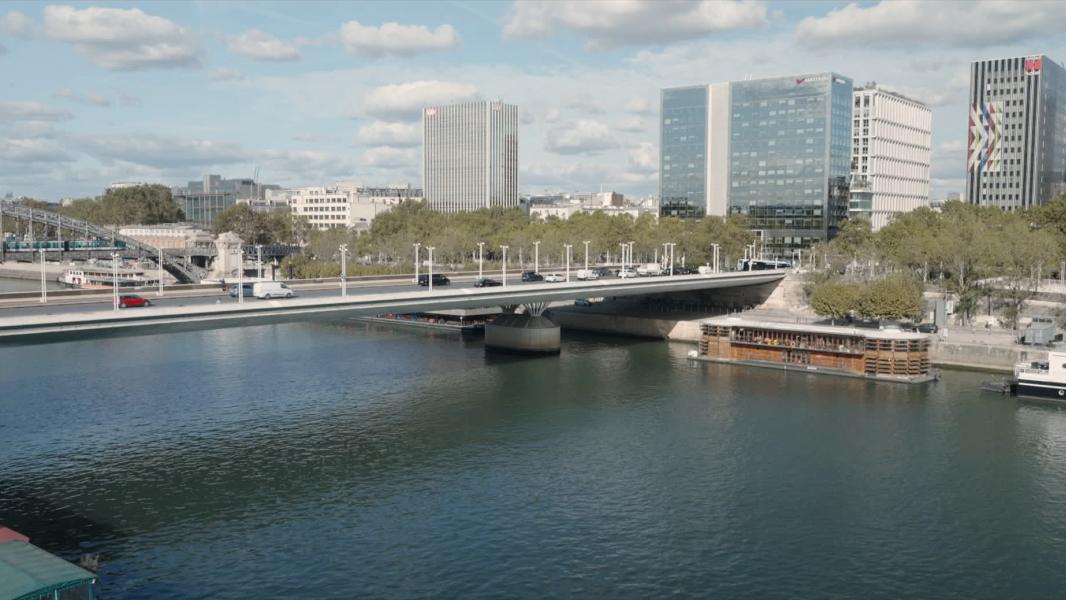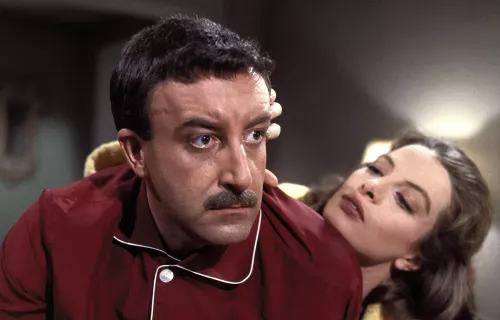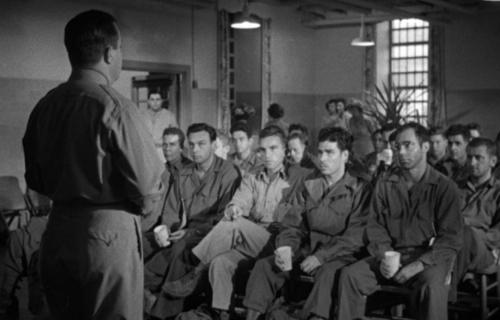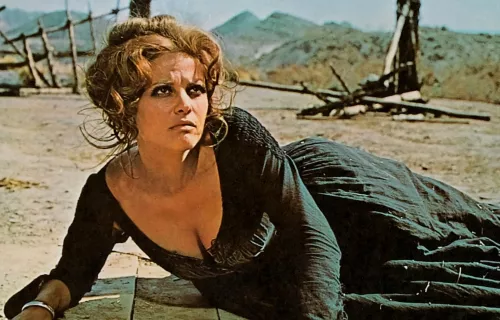
english below
In mei gaat ARCHITECTURE ON FILM verder met "Diversity in Space".
L'Adamant is een drijvend gebouw op de Seine, in het hart van Parijs, waarin geestelijke gezondheidszorg centraal staat op de schaal van de stad, het individu en het collectief. De documentaire SUR L'ADAMANT schetst een teder portret van een psychiatrisch dagcentrum, waarin de relatie tussen les soignées en les soignants op een intieme en menselijke manier in beeld wordt gebracht. Dit dagcentrum is een actief verzet tegen de ontmenselijking van de psychiatrie.
Deze Gouden Beer winnaar (Berlinale 2023) van Nicolas Philibert vormt de aanleiding van het onderzoeksproject De Therapeutische Stad, erkend met het Bouwmeester Label. Door het introduceren van architecturale typologieën—de boot, de toren, de villa en de tuin—verkennen Lisa Janssens en Renaud Baeckelandt niet alleen de architecturale kwaliteiten van deze figuren, maar ook hun relatie tot de stad. Ruimtelijke begrippen als aankomst en verblijf, de grens tussen privé en publiek en de manier waarop architectuur zorg kan faciliteren, resoneren tijdens gesprekken met de psychiatrische praktijk. De publicatie verkent de rol van metaforen en culturele narratieven — zoals film, literatuur en kunst— rond zorg in de stad.
ENG
The film is in French with English subtitles
In May, ARCHITECTURE ON FILM continues with ‘Diversity in Space’.
L'Adamant is a floating building on the Seine, in the heart of Paris, where mental health care takes center stage—on the scale of the city, the individual, and the collective. The documentary SUR L'ADAMANT offers a tender portrait of a psychiatric day center, portraying the relationship between patients and caregivers in an intimate and humane way. This day center stands as an active resistance to the dehumanization of psychiatry.
This Golden Bear winner (Berlinale 2023) by Nicolas Philibert is the starting point for the research project The Therapeutic City, supported by the Bouwmeester Label. By introducing architectural typologies—the boat, the tower, the villa, and the garden—Lisa Janssens and Renaud Baeckelandt explore not only the architectural qualities of these figures but also their relationship to the city. Spatial concepts such as arrival and stay, the boundary between private and public, and the ways in which architecture can facilitate care resonate through conversations with psychiatric practice. The publication explores the role of metaphors and cultural narratives—such as film, literature, and art—around care in the city.



